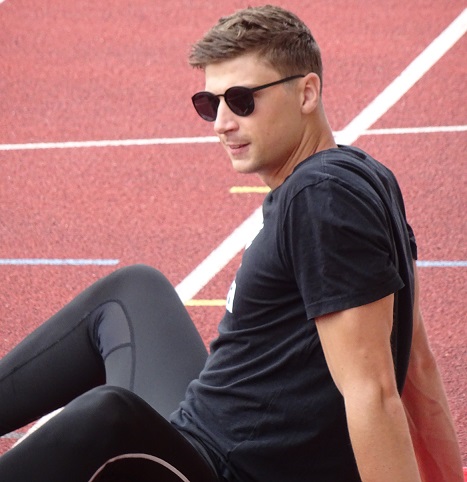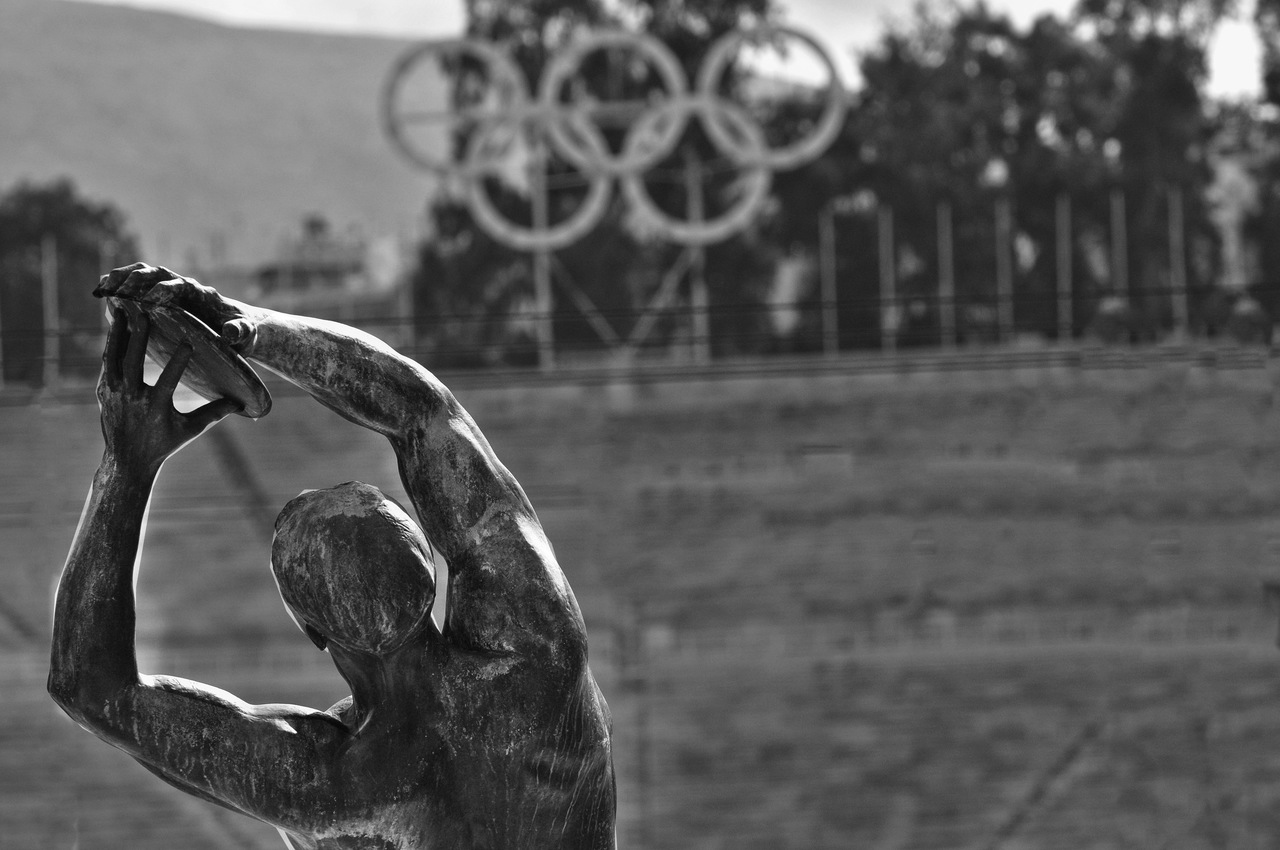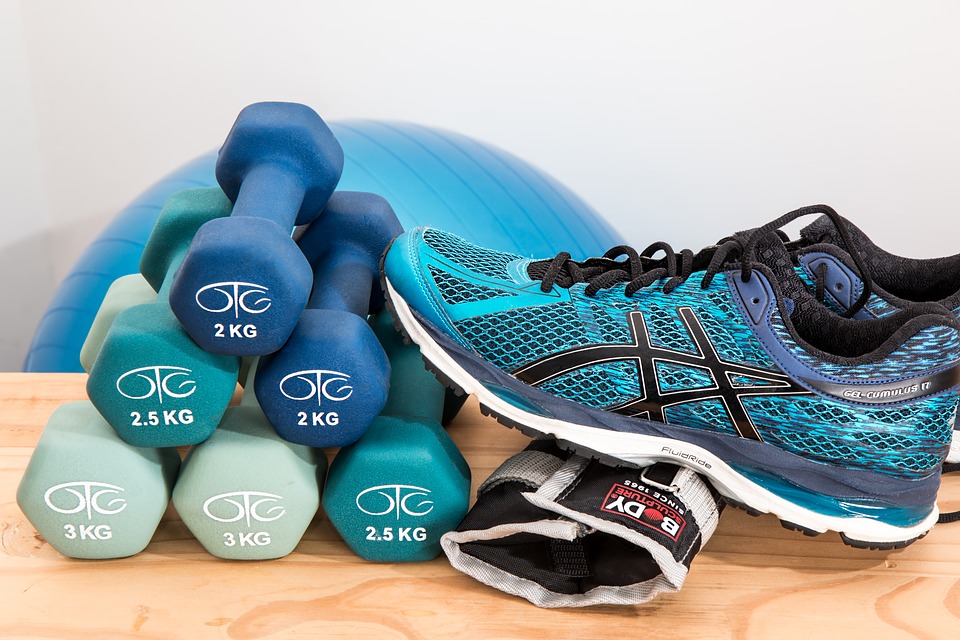How Decathlon effects my working habit. A short essay.

I sometimes wonder if I would be the same now if I had chosen a different sport. Or if I had chosen to not do sports at all. Speaking to any athlete, whether it is decathlon or any other sport, we often slip into the “what if” dilemma. I cannot tell alternative realities but I can try to elaborate on the making of sporting personalities.
I go aaaaall the way back to Pierre de Coubertin and the foundation of the Olympic Games. Why the Olympic Games? Because they are the pinnacle of sporting goal setting. That’s why. De Coubertin believed in delivering Olympic values through the execution of sports. The IOC names the creation of:
1) a balance of of body, mind and will,
2) a way of life based on the joy of effort
3) and respect for ethical principles as fundamental Olympic principles.
Do I find any deeper meaning of those in my (sporting) life?
However, in the Olympic charter not much is said about the notion of “citius, altius, fortius”, which means as much as “better, faster, stronger”, but it still roams in my head when I compete. I mean if I compete, I compete to win. Or at least to progress. But is there really so much at stake, to be better every time by any means? It may not relate to every athlete, but studies show that goal setting and gratification is by far the most common motivator for elite athletes. Do I actually apply this concept outside of sports as well?
A German Business Institute conducted a large study in corporation with the German Olympic Committee to examine the attitude and traits of Olympic Athletes in a business context. The effects were less surprising. Elite athletes score exceptionally high in terms of engagement, discipline and mental stability. According to the study, they share traits with alumnis of elite universities. Athletes strive for top positions in work as well as they do in sports. Now do I find any similarities of this in my work life?
There is also a flip side. High discipline means a high desire for safety. Athletes do not like to make vague decisions due to fear of negative consequences. In sports, success is at stake if something goes wrong and success is a form of gratification. Now remember, gratification is an athlete’s prime motivator. To avoid this, they work harder, longer and more precise than their colleagues at work to feel safe. Experts call this a lack of ambiguity-tolerance.
At this point it has to be said, that this mindest does not reflect the entirety of elite athletes. The study classified 4 major types of sporting personalities, such as:
1) the maverick, who is merely focused on himself,
2) the fighter, who is highly dominant and less cooperative,
3) the teamplayer and
4) the master of all classes.
One or more of these types manifest in different magnitudes in an athlete’s personality, depending on experience, social context, sporting discipline etc.
It’s safe to say, that my “bigger better, stronger” mentality guided me throughout my decathlon career and undoubtedly contributed to my modest sporting success. The hardline realisation of goals might work for a while, but in the end it might get you. It is fair to say, that track & field as an individual sport benefits the development of certain values and hence personality traits. I also believe being a free, confident and thoughtful decathlete, with a balanced mind – body relationship is a healthy and sustainable way to approach a sporting career.
References:
Schmidt, S., & Saller, T. (2013). Kollege Spitzensportler -Chancen für Wirtschaft und Athleten. Institute for Sports, Business & Society, 1.
Barker, D., Barker-Ruchti, N., Rynne, S. B., & Lee, J. (2012). Olympism as Education: Analysing the Learning Experiences of Elite Athletes. Educational Review, 64(3), 369–384.
Barker-Ruchti, N., Rynne, S. R., Lee, J., & Barker, D. M. (2014). Athlete Learning in Olympic Sport. Sports Coaching Review, 3(2), 162–178.





Comments